HR Tech & Data
METAVERSE, WEB 3.0, AI, BLOCKCHAIN, VR, AR, MR
NEW TECHNOLOGIES AND DIGITAL USES
Prepare for tomorrow, today
The Metaverse and Web3 are not yet ready, but the technological building blocks that will make them up are already booming.
To face a work revolution that will be much stronger than anything humanity has known, organizations and HR will have to have previously integrated these different technologies into their uses, consciously and responsibly.
At Tomorrow Theory, we do not endorse certain of these technologies, due to their potential impacts on the climate and mental health. On the other hand, we are aware that the deployment of these technologies is real and massive, and it is better to accompany it consciously, rather than to let it happen without acting.
HR MATURITY OF NEW TECHNOLOGIES
Artificial Intelligence
& generative AI
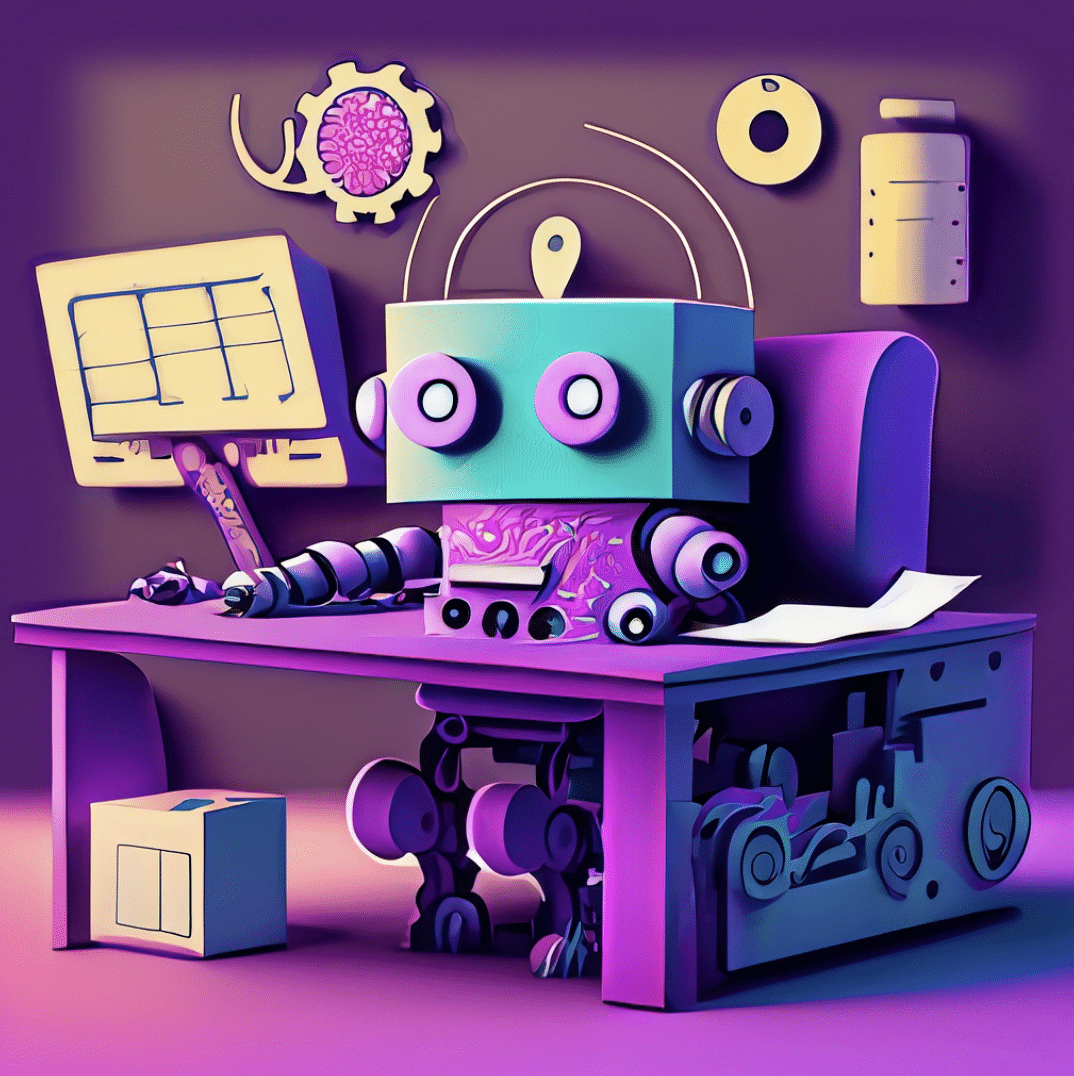
The trend
A new era is announced in the world of work, that of artificial intelligence (AI) and more specifically of generative AI. These technologies, now at the heart of professional evolution, are the result of a societal mutation. They echo our insatiable quest for performance improvement, efficiency and well-being at work. From deep learning to generative AI, technological innovations are propelling organizations into a new era, where machines and humans cohabit and collaborate to meet the challenges of the future together.
HR challenges
For HR, it’s no longer just about attracting and retaining talent, but also about creating work environments that will be enriched by AI and where humans and machines can work together optimally. AI, capable of generating rich content and learning continuously, offers unprecedented opportunities for HR processes: recruitment, training, skills management, well-being… But its integration raises many ethical and practical questions. To remain competitive, organizations must unravel these issues and engage their employees in this revolution.
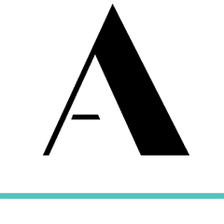

NO. Generative AIs mark the beginning of a new era of content creation and information search. It’s about creating at the speed of thought, and getting perfectly contextualized answers to your needs. This is not a trend, it is indeed a new stage in the development of our civilization.
Integrating AI into HR processes requires above all a change in culture. Beyond technological adoption, it’s about preserving the human aspect. Consider AI as a complementary tool, which helps free up time to focus on people, relationships and value creation. Adopt a collaborator-centered approach, where AI serves to enhance the collaborator experience.
Ethical challenges and data protection are at the heart of AI adoption. It is essential to ensure transparency in the use of AI and involve employees to gain their trust. Make sure that AI respects data privacy rules and follow existing regulations and industry best practices to protect employees’ sensitive data.
Support and training of employees are essential when implementing AI. It will be necessary to develop their skills so that they can work effectively alongside AI technologies. Favor adaptive, individualized training based on interactive visualizations that facilitate the understanding of AI. The goal is to demystify AI and integrate it into the professional routine as a valuable tool, not as a threat to existing jobs.
Blockchain
The trend
The adoption of blockchain technology by HR is about to become inevitable. On the one hand, with the rapid evolution of the job market marked by digitalization and increased mobility of talent, the ability to quickly and reliably verify the authenticity of degrees and skills becomes crucial.
On the other hand, contract and transaction management can be simplified and secured thanks to this technology, which allows to optimize many administrative HR processes. Not to mention the possibilities of decentralization, which could deeply change decision-making models.
HR challenges
With the integration of blockchain in HR, various challenges emerge. It will be necessary to ensure the acculturation of HR teams, and more broadly of employees, to understand, accept and fully exploit the potential of this technology.
Then, the transition must be conducted in a secure manner and in compliance with current regulations on personal data privacy. The challenge will also be to find the right balance between automation and humanization, in order to preserve the precious human touch in HR while exploiting the advantages of blockchain technology.

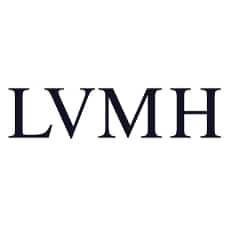

NO. Despite its reputation as a speculative and obscure technology, blockchain is gradually finding its place in the real economy. Today, to combat cybercrime, more and more courts and hospitals are storing critical documents on it. Many industries are reinventing their capabilities for traceability of raw materials, or remote control of connected objects. Blockchain will undoubtedly be an integral part of the world of tomorrow.
For the moment, blockchain remains a niche subject, for players with near-insurmountable problems without this technology. It will take a few more years for blockchain to become a common technology, but given its complexity, training and preparing from now on is an act of responsibility.
NO. Developing your own blockchain has little interest in itself, as it is better to ensure interoperability and standards with the rest of the market, and favor security already proven by others. We develop smart contracts on all blockchains that have proven their market worth (Ethereum, Polygon, Tezos, BSC, Archipels, etc.).
The environmental impact of blockchain varies greatly depending on the blockchain. For Bitcoin, the impact is dramatic, as each transaction consumes as much energy as an American household for two weeks. The most recent blockchains have an impact up to 500,000 times less, becoming less energy-intensive than some existing transaction networks. For these technologies to last, they will need to further optimize their operation in terms of energy.
Virtual reality, augmented reality
& mixed reality

The trend
Virtual technologies are gradually redefining approaches to work and human resources, creating immersive experiences conducive to training, collaboration and employee engagement.
The COVID-19 pandemic has demonstrated the importance of agility and flexibility. The arrival of Generation Z in the job market, with its digital expectations, also imposes significant adaptations. Moreover, in the context of competition for knowledge acquisition, the immersive and adaptive learning offered by these technologies is an asset.
HR challenges
The deployment of these technologies is not without challenges. It requires strategic as well as psychological reflection on the integration of these tools into existing processes and their acceptance by employees.
Poor deployment can lead to lasting resistance to change, as well as major impacts on mental health. Issues of privacy, ethics and security must also be carefully considered to ensure that the use of these technologies is in harmony with the company culture and employee expectations.
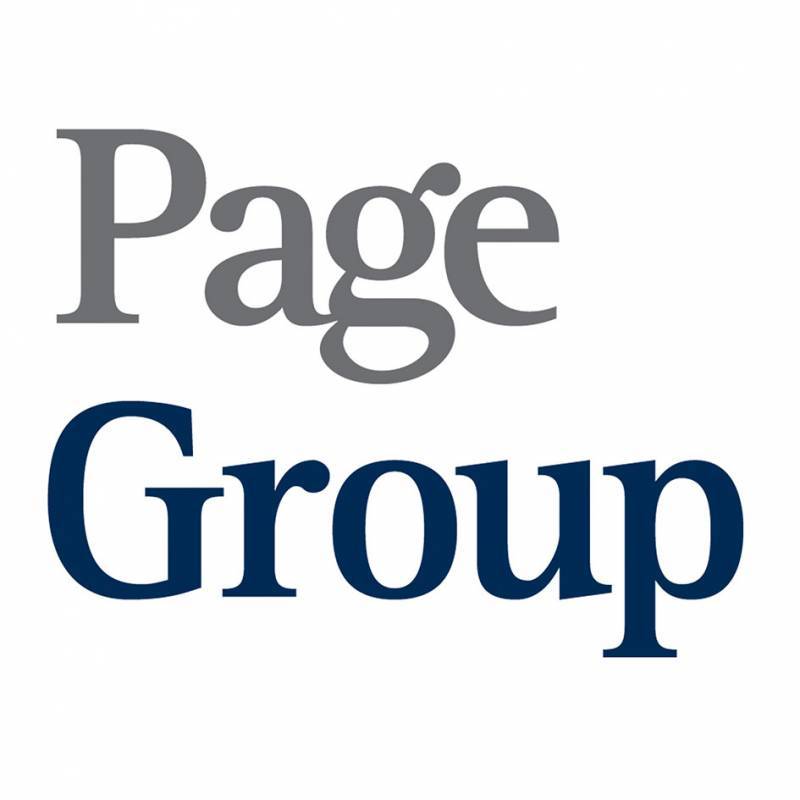
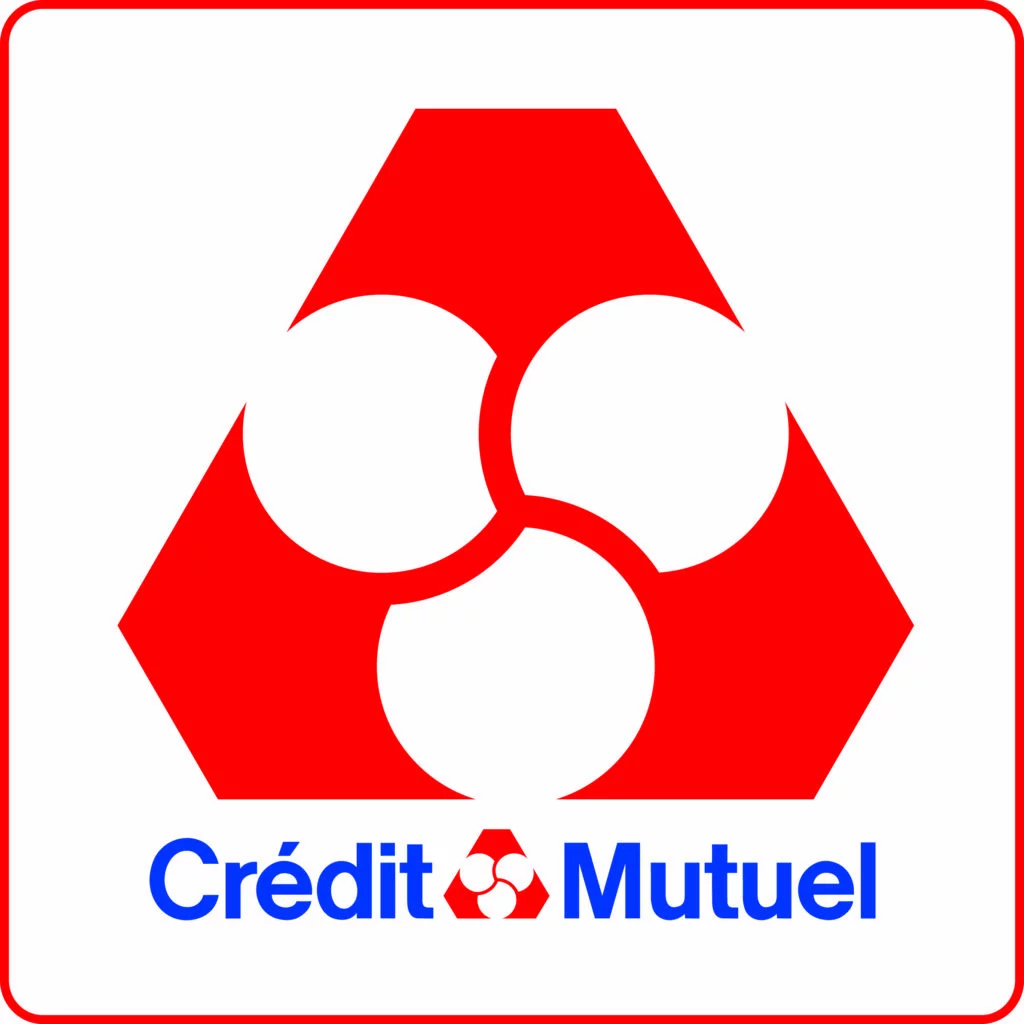
This has been the case in recent years. The way virtual reality has been marketed has been counterproductive for the development of this market, creating more resistance than adoption. But the emergence of new disruptive technologies like spatial computing and generative AI open up unprecedented possibilities for virtual technologies. Without a doubt, it is a heavy transformation element for the future of work and HR.
Tomorrow Theory has many virtual and augmented reality devices, for experimentation, acculturation and creation of virtual environments purposes. The equipment and technologies come from the market, and we are considered as application developers in the ecosystems created by the GAFAM.
Historically, virtual technologies have mainly interested heavy industries, which need to conduct training that is too costly in real situations. Gradually, the technology is democratizing and gaining better capabilities, allowing other types of organizations to be interested in the subject. The progression is relatively slow, but there is a strong chance that the acceleration will be sudden and decisive for many players.
For the moment, this is the kind of impact that the climate could do without. To equip all French assets with a virtual reality headset, it would represent the electricity consumption of a city like Montpellier for two years. Not to mention the components using limited resources, and the energy needed to connect to the Internet. Major improvements will be needed for these technologies to find their place in a sustainable and desirable future.
Metaverse, Web 3.0
& technological convergence
The trend
New technologies are gradually converging, foreshadowing uses that are still difficult to fully conceive, as the potential disruption is significant.
It is the relentless evolution of work modes and comfort requirements that will, in the end, force HR to move towards Web 3.0 and the metaverse. The rise of telework and remote work has already started to transform traditional employment structures, and this is just the beginning.
To attract and retain talent, the evolution towards convergence technologies will become more than an option for HR in the future; it will be a necessity.
HR challenges
Adopting convergence technologies is not without challenges for HR and leaders. HR will need to understand and master these new technologies in order to use them effectively and safely.
The issue of data protection will also be vital, as Web3 and the metaverse involve the manipulation and storage of massive volumes of data.
Social integration will be another challenge. The risk of digital exclusion will be exacerbated, and the goal will be to create a balance between exploiting these innovative technologies and preserving the essential human aspect of any organization.



Web 3.0 and the metaverse are not ready, and will not be for several years. They have certainly been marketed too soon and without a real understanding of the subject, but they are the heaviest technological trends of the coming decade. AI, blockchain, and VR/AR can be seen as constituents of these convergence technologies, which will combine unprecedented complex possibilities and challenges.
NO. The metaverse does not yet exist, at the moment these are only rather disappointing virtual reality environments. Tomorrow Theory develops virtual reality environments for future of work experimentation projects, but does not own these technologies itself.
In 2022, many large companies and startups showed interest in the metaverse, but without necessarily understanding what it was about. Interest has logically fallen since, and in terms of HR and work, few companies are currently interested in the metaverse. Regarding Web 3.0, it is also a limited understanding of the market that actually refers to the blockchain. Both topics are still not very mature for the moment among companies, which should rapidly evolve. On the other hand, no HR currently deals with the issue of technological convergence.
It is gigantic, as it combines the challenges of each of the technologies, and will be the source of countless other technological innovations afterwards. The current period is a pivotal one, as by adopting the individual building blocks (AI, Blockchain, VR/AR), it is still possible to make conscious choices to steer the market towards more responsible solutions than others.
Discover all our expertise
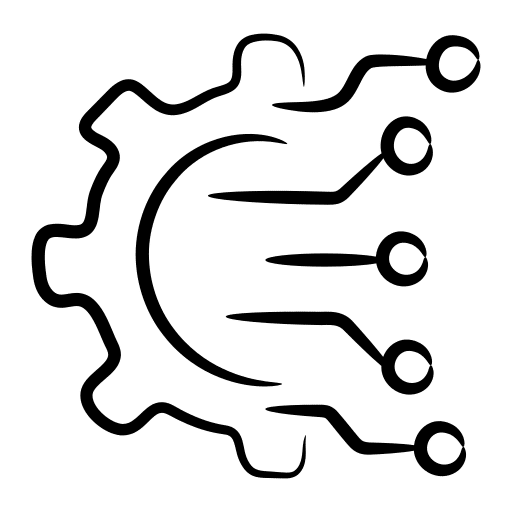
HR Tech & Data
Data, Blockchain, Artificial Intelligence (AI), Virtual Reality (VR), Metaverse and Web 3.0.
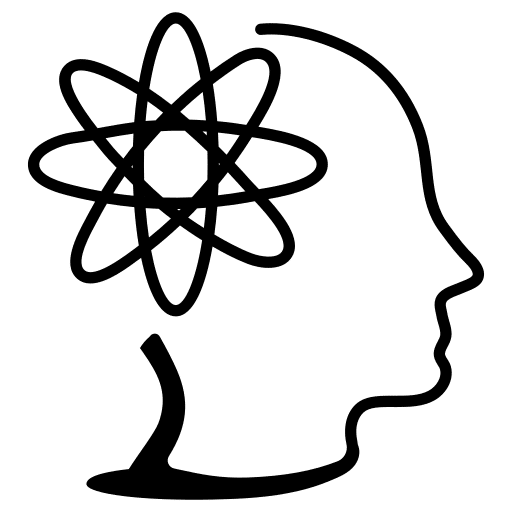
Culture & Skills
Soft Skills and Skills Economy, Mental Health, Freelancing, Intergenerational.
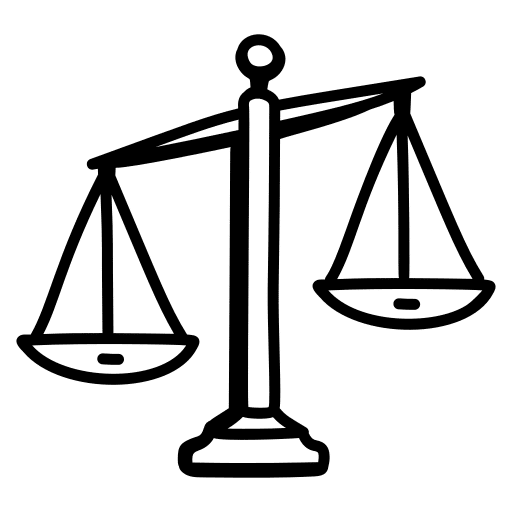
Ethics & CSR
AI Ethics, Ecological Transition, Diversity & Inclusion.
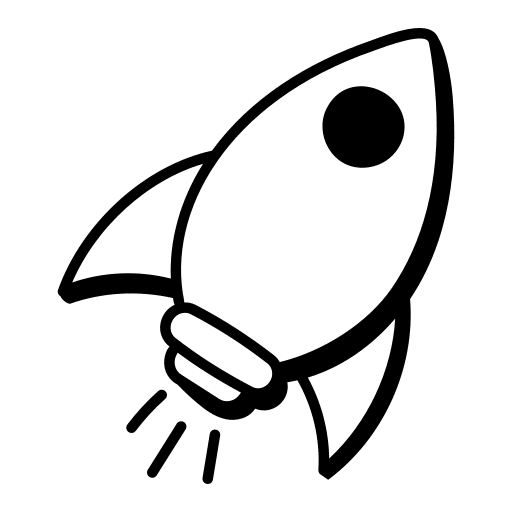
Towards 2040
Future of Work and HR, Technological Convergence, Future of Civilization.

